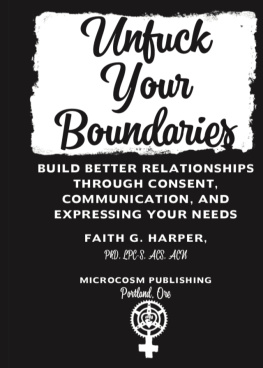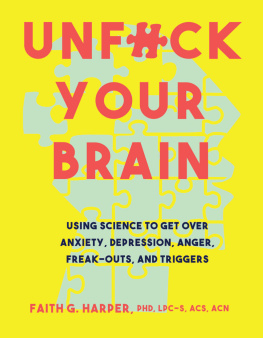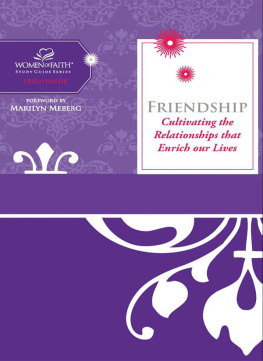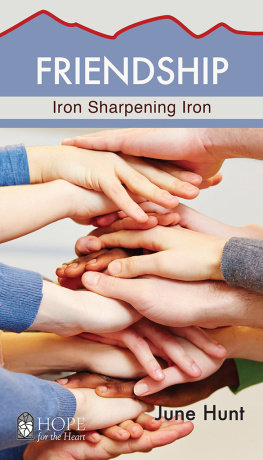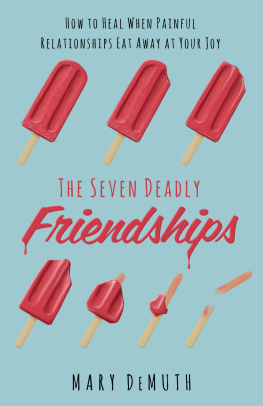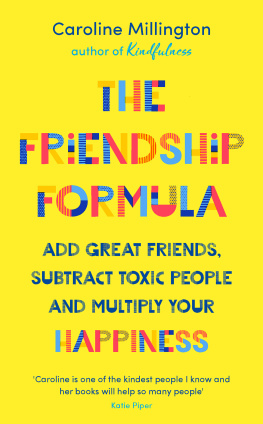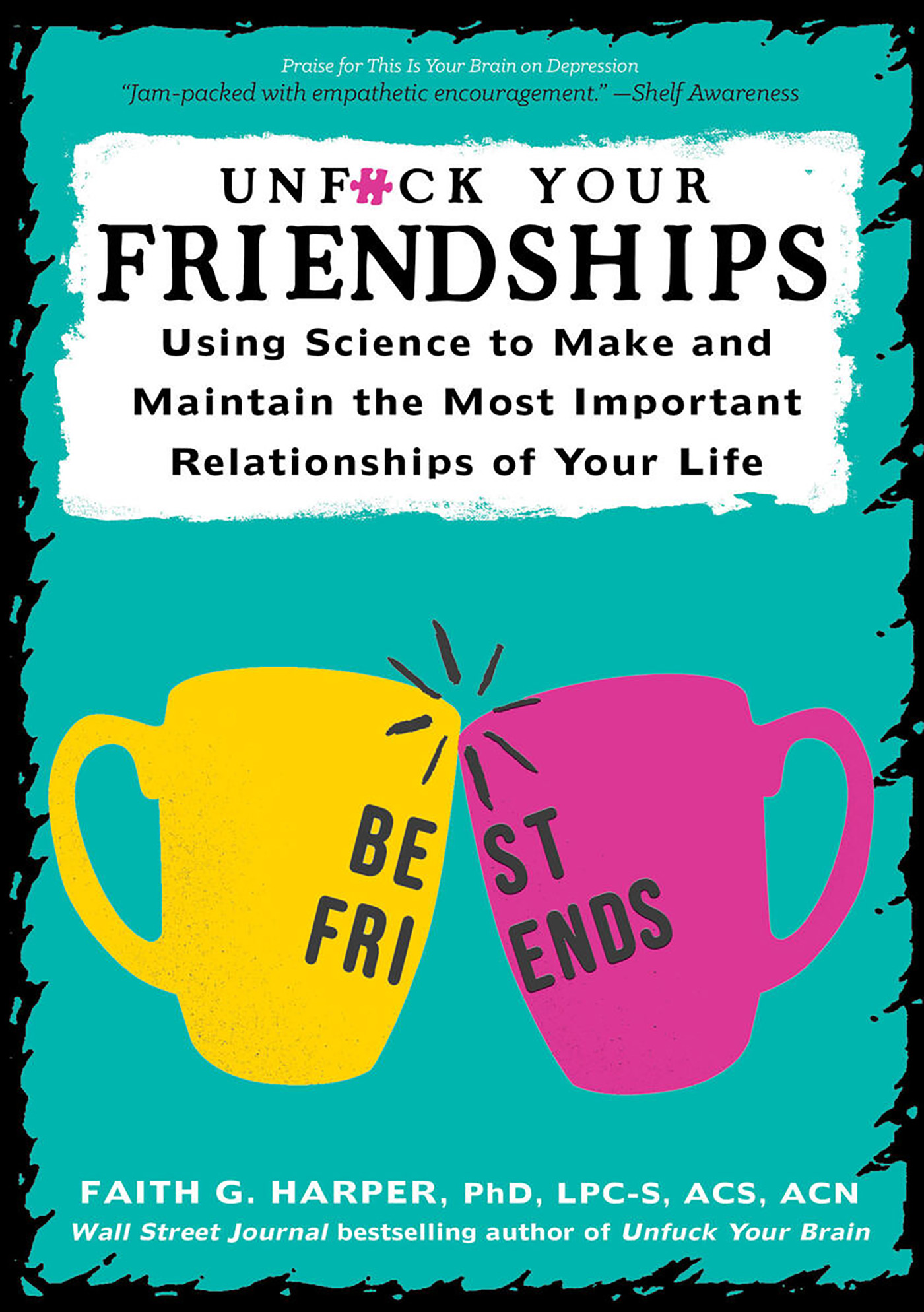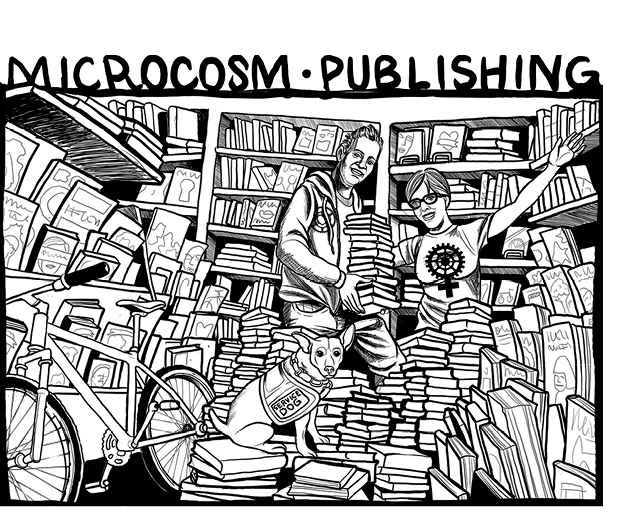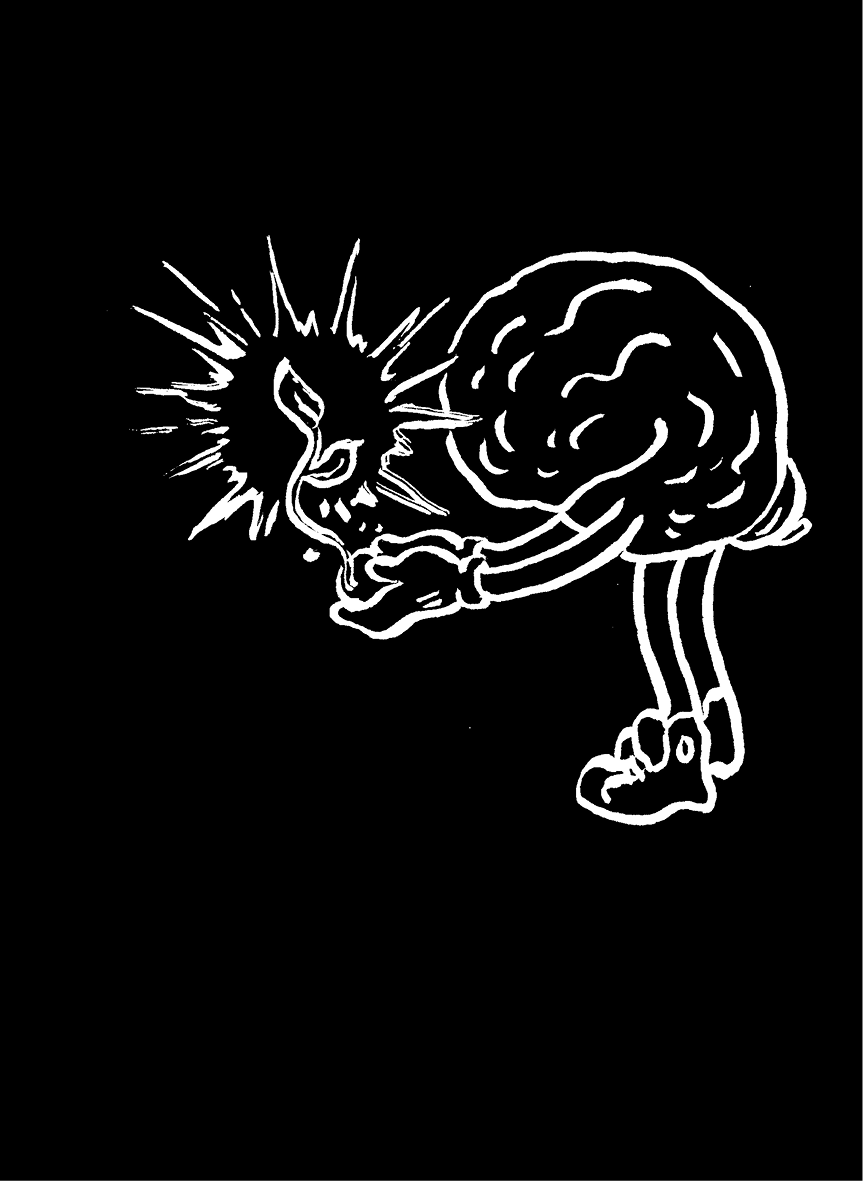Unfuck YOur Friendships
Using Science to Make and Maintain the Most Important Relationships of Your Life
2021 Faith G Harper, PhD, LPC-S, ACS, ACN
This edition Microcosm Publishing 2021
First edition - 5,000 copies - September 23, 2021
eBook ISBN 9781648410109
This is Microcosm #442
Edited by Elly Blue
For a catalog, write or visit:
Microcosm Publishing
2752 N Williams Ave.
Portland, OR 97227
https://microcosm.pub/Friendships
Did you know that you can buy our books directly from us at sliding scale rates? Support a small, independent publisher and pay less than Amazons price at www.Microcosm.Pub
Microcosm Publishing is Portlands most diversified publishing house and distributor with a focus on the colorful, authentic, and empowering. Our books and zines have put your power in your hands since 1996, equipping readers to make positive changes in their lives and in the world around them. Microcosm emphasizes skill-building, showing hidden histories, and fostering creativity through challenging conventional publishing wisdom with books and bookettes about DIY skills, food, bicycling, gender, self-care, and social justice. What was once a distro and record label was started by Joe Biel in his bedroom and has become among the oldest independent publishing houses in Portland, OR. We are a politically moderate, centrist publisher in a world that has inched to the right for the past 80 years.
Global labor conditions are bad, and our roots in industrial Cleveland in the 70s and 80s made us appreciate the need to treat workers right. Therefore, our books are MADE IN THE USA.
Contents
Introduction
What is friendship?
Why We Need Friendships
Friendships Are Relationships
How Loneliness Fucks Us Up
What Makes a Friendship Healthy
Types of Friendship
Acquaintance-People
Chosen Family
making friends
We Have a Limited Amount of Physical Time and Mental Energy
We Tend to Feel Like Crap About Ourselves
Finding Friends
unfuck your friendships
Attention and Attunement
Friendships Need Boundaries Too
Communicating Effectively
Defriending
Do You Really Need to Break Up?
How to Break Up
Grieving an Ended Friendship
Auntie Faith Answers Your Questions
Citations
Introduction
O f all the things that are incredibly important to our emotional and physical health, the one we dont talk about nearly enough is friendship.
We dont have control over our biological family and there isnt shit we can do about that. I mean, I did issue a formal complaint to the universe about it, but havent gotten a response so far.
So until Alpha Centauri A gets back to me, were gonna do the next best thing... choose the other people in our lives. The ones who nourish us, love us, see us for who we are, and encourage us to grow and achieve. And even though we can choose these people in ways that we cant choose to ignore our homophobic tia at family dinner, it isnt actually an easy task. Whether it be making friends, navigating the things that make friendships complicated, or just being a better friend, its complex and weird and exhausting to go out and collect a group of humans to call your own.
When people ask me what kind of therapist I am, the short answer is trauma therapist. Its kind of a record-scratch answer, but it is also the most accurate lens for all of the work that I do. It gets its octopus tentacles into so many aspects of our lives, including our friendships. No matter what brings a client in to see me, friend dynamics end up being part of the conversation at some point. And as a research nerd, I also know that we arent just born with the tools to get it right. I want to give you those tools.
Im going to talk about all the core stuff, like what friendship actually is, how to make friends, how to be a better friend, and friendship breakups. Im gonna weigh in on the ancient question (ok, couple decades old question) of whether or not the internet is good for friendship. Im also going to talk about more complex situations. The stuff that people are trying to unravel on the regular that more general information doesnt necessarily solve.I decided to tackle those advice-column style, since I got my start as a columnist in a no-longer-existent magazine and I miss it.
Youll also find that since friendships are, you know, another type of relationship, all this info will apply in some way to your family dynamics and romantic partnerships, even if it doesnt solve the problem of your homophobic tia directly.
Friendship isnt nearly the easy and intuitive process and concept that instagram makes it out to be. If so, we would all be so great at meeting people, collecting up the ones that we totally want to hang out with, and keeping them close for the rest of our lives. Eating cookies? Totally easy. Finding good friends and being a good friend? Definitely way harder. So lets talk about it.
what is friendship?
O kay, this may seem kind of dumb and obvious on the surface, but this is actually a really valid question. The easiest definition is: an affectionate relationship based on a strong, voluntary interpersonal bond. That is, someone who we are not stuck with by blood or legal meanswhich is to say, not our family that we pick out of the crowd and say Ooooh, this one! I wanna go do shit with this weirdo!
In his book Friendship: Development, Ecology, and Evolution of a Relationship , Daniel J. Hruschka points out that across time and cultures, friendships being voluntary connections between people is actually pretty unusual. Friendships have always been considered to be integral to our survival and happiness, so cultural rituals have always been created around the process. In some cultures, your parents picked your friends for you (big shudder) and big friendship ceremonies took place, similar to a wedding formalizing a romantic partner relationship.
Nowadays we have choice (thank fuck, double big shudder on the idea of my parents picking my friends) but there are still structures in place that tend to define/limit our friendship choices. Researchers have tried to formalize models of studying friendship and finally came up with one in the 1990s that we still use to this day. This model looks at two main categories of factors:
Individual factors (our own personality traits, beliefs, values, approachability, social skills etc)
Environmental factors (who is physically around us by nature of where we live, where we go, what we do).
Essentially, we are far more likely to become friend-persons with people who are pretty similar to us and are already in our regular environment. I met my best friend in grad school... he wasnt a fellow student, but close enough, he was actually my stats professor. We are both parents, political progressives, and have a super snarky sense of humor. The other people I would consider to be close friends are also people I have met through other friends, at places Ive worked, or through organizations I volunteer with. And there is a super common theme of us all being snarky and incorrigible progressives who love books, tacos, and chisme.


